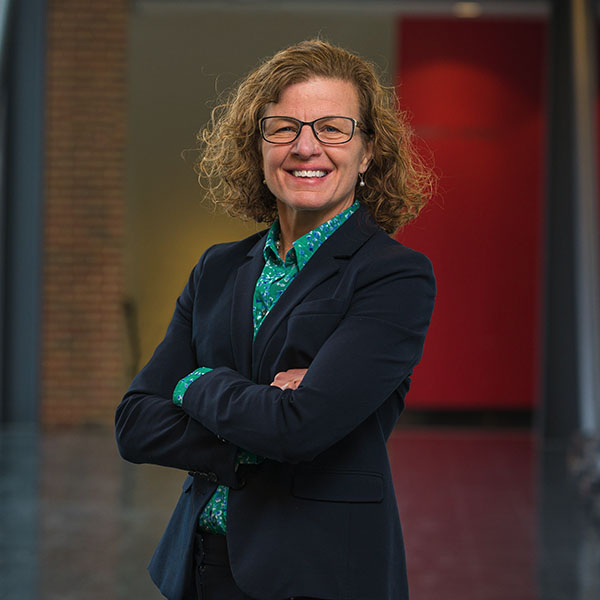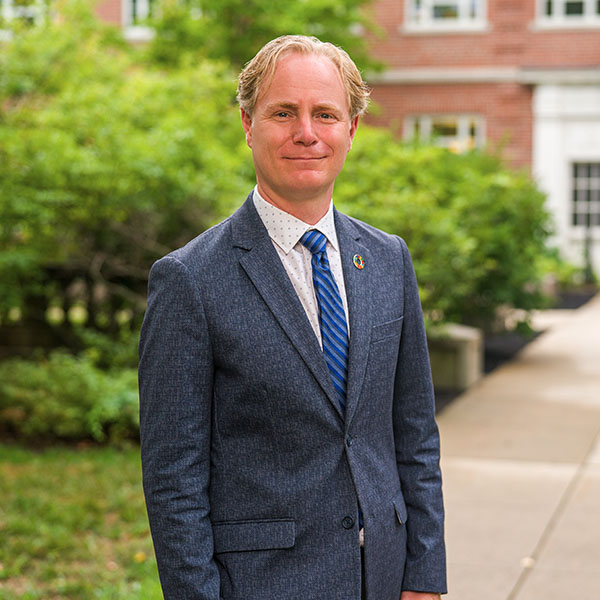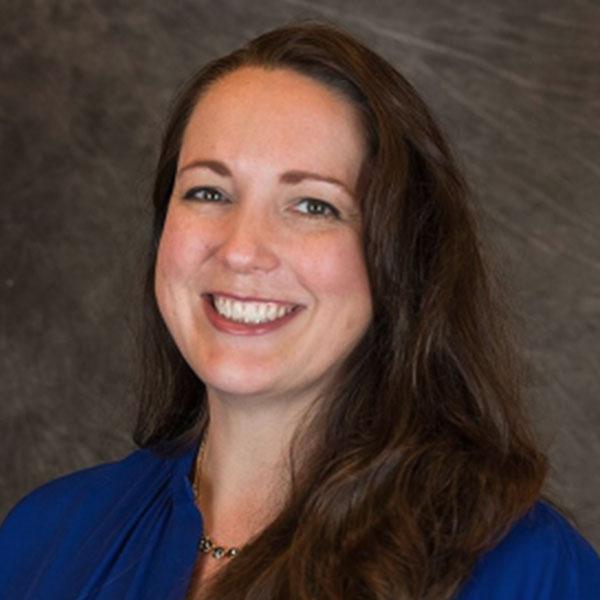2021 Research Review
table of contents
SPARK
2021 Research Review
Beth Potier
Writers
Kristin Duisberg
Rebecca Irelan
Krysten Godfrey Maddocks ’96
Beth Potier
Jody Record ’95
Tim Briggs
Jeremy Gasowski
Valerie Lester
Heather MacNeill
Brooks Payette ’12
Scott Ripley
Perry Smith
David Vogt
Kristin Duisberg
James W. Dean Jr.
Provost and Vice President for Academic Affairs
Wayne Jones
Senior Vice Provost for Research, Economic Engagement and Outreach
Marian McCord
College of Engineering and Physical Sciences
Cyndee Gruden ’91, ’93G, Dean
Michael Ferrara, Dean
College of Liberal Arts
Michele Dillon, Dean
College of Life Sciences and Agriculture
Anthony Davis, Dean
Peter T. Paul College of Business and Economics
Deborah Merrill-Sands, Dean
Michael Decelle, Dean
University of New Hampshire School of Law
Megan Carpenter, Dean
Graduate School
Cari Moorhead, Dean
Cooperative Extension
Kenneth La Valley, Vice Provost of Outreach and Engagement and Director
Harlan Spence, Director
Carsey School of Public Policy
Michael Ettlinger, Director
School of Marine Science and Ocean Engineering
Diane Foster, Director
UNH Library
Tara Fulton, Dean
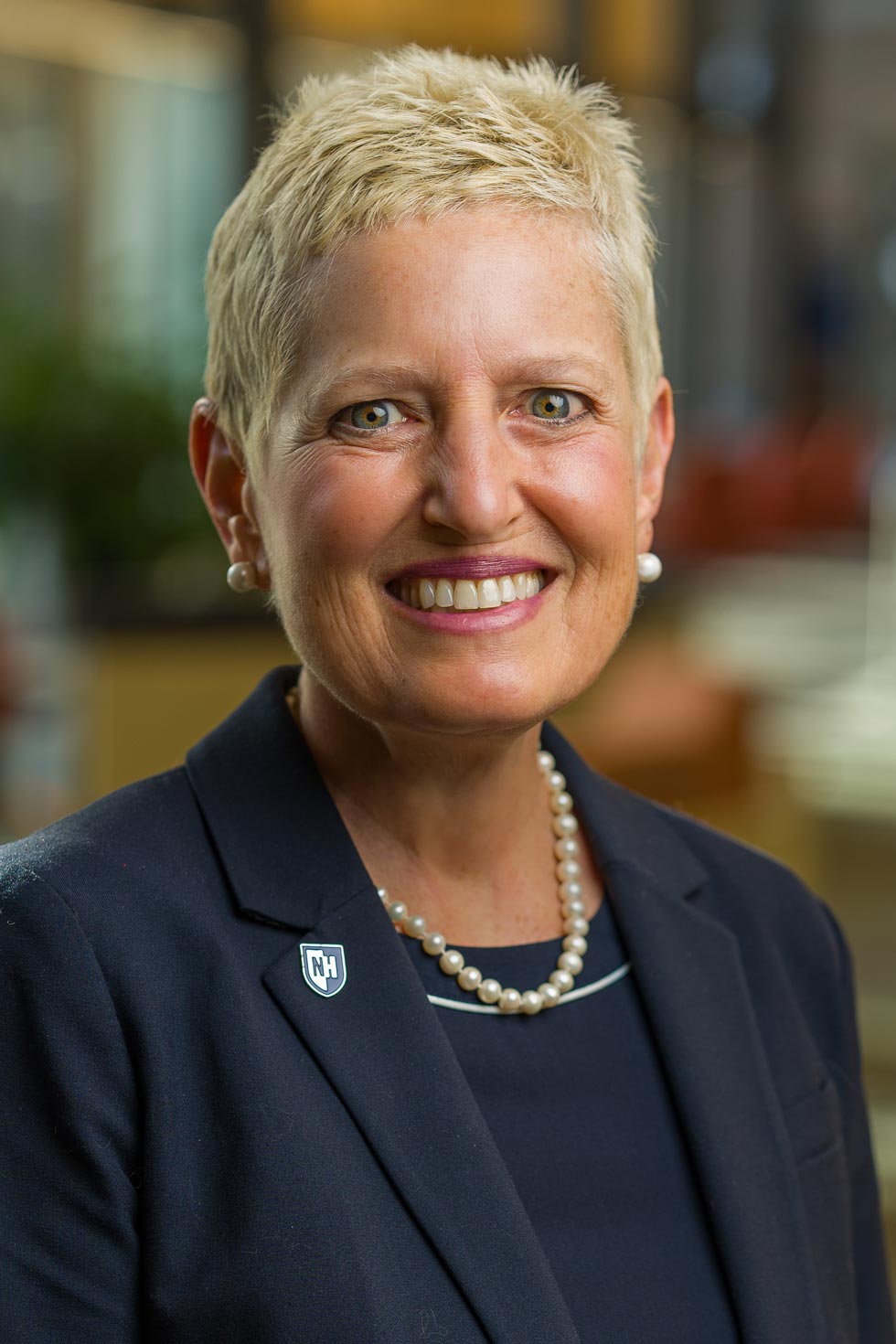
Welcome
Spark shares how we tapped our research infrastructure to establish one of the most innovative COVID testing programs in the country, and how our researchers are helping New Hampshire and the world tackle the problems wrought by the pandemic. We’ll also introduce you to scholars across the university who have been probing dynamics of race and equity since long before our current racial reckoning.
While the stories Spark tells are celebratory, shining a positive light on the innovation, creativity and hard work of our research community, we also acknowledge all we have lost: loved ones, mental and physical health, productivity, justice and equity. The crises of the past year dealt an uneven blow, and our success is tempered by sadness.
These societal struggles propel UNH’s mission as a land-grant, public-impact university. Our commitment to creating new knowledge that improves the lives of people in New Hampshire and beyond has never wavered and has never been stronger or more important. I’m proud to share our work with you here.
Senior Vice Provost for Research, Economic Engagement and Outreach
in the spotlight
New to UNH
Announcements
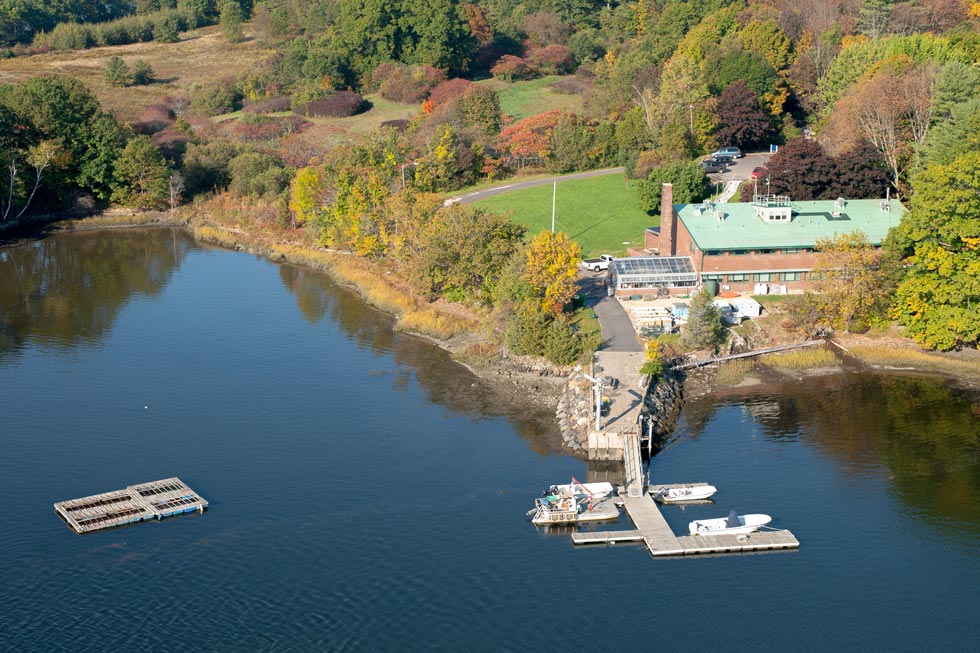

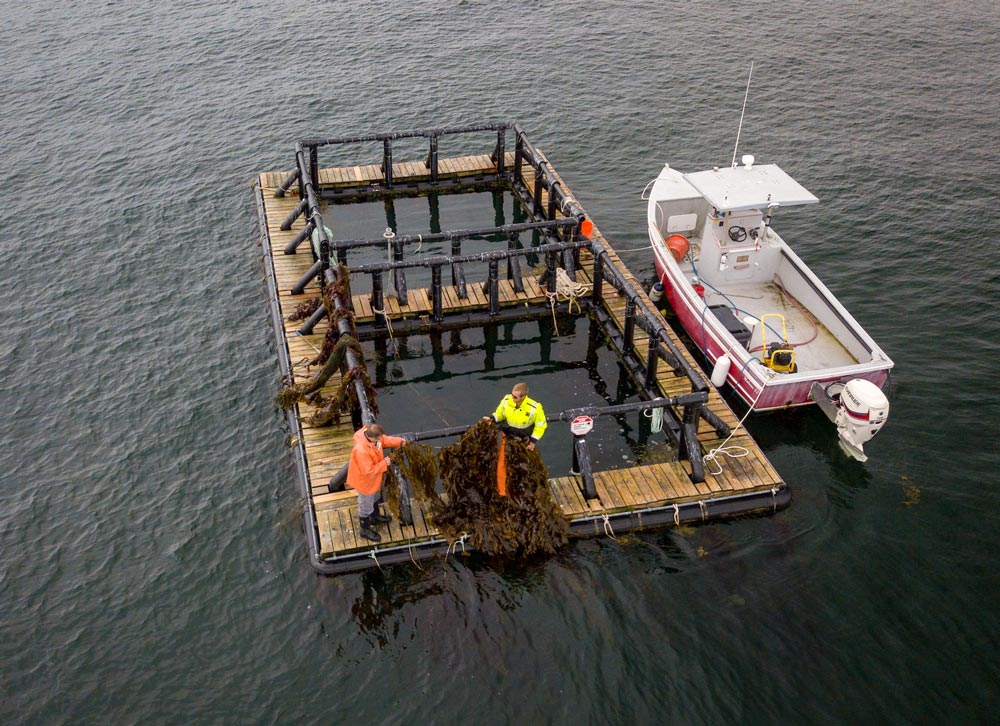



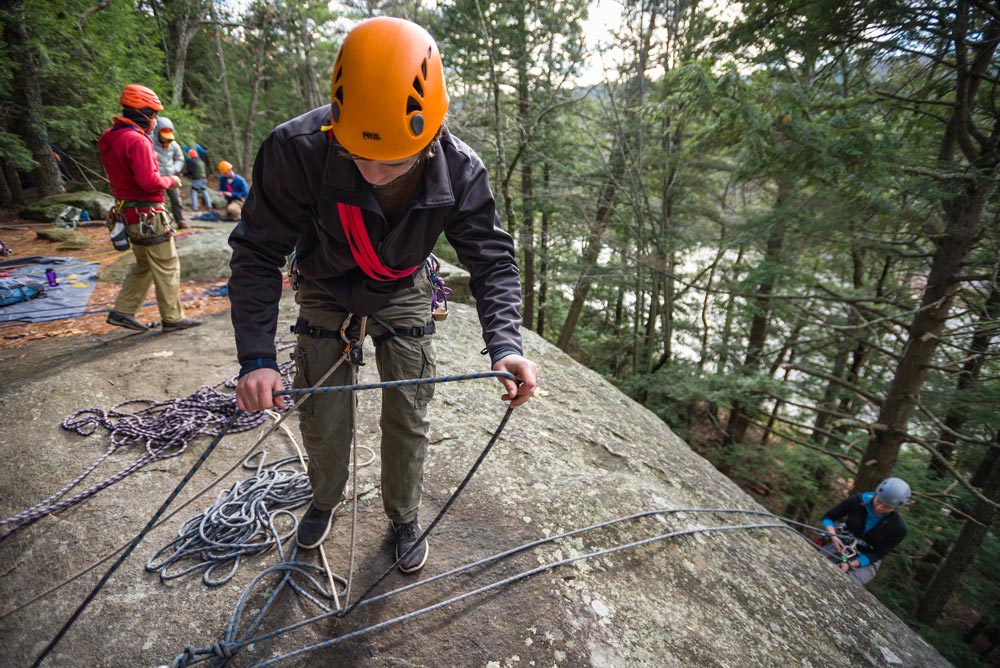
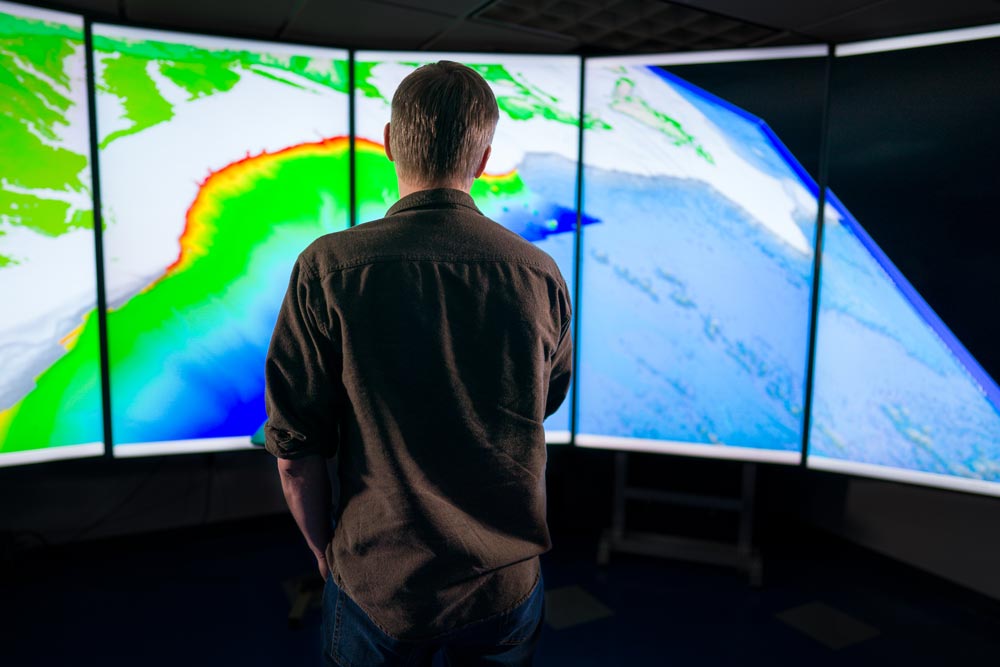
Faculty Honors
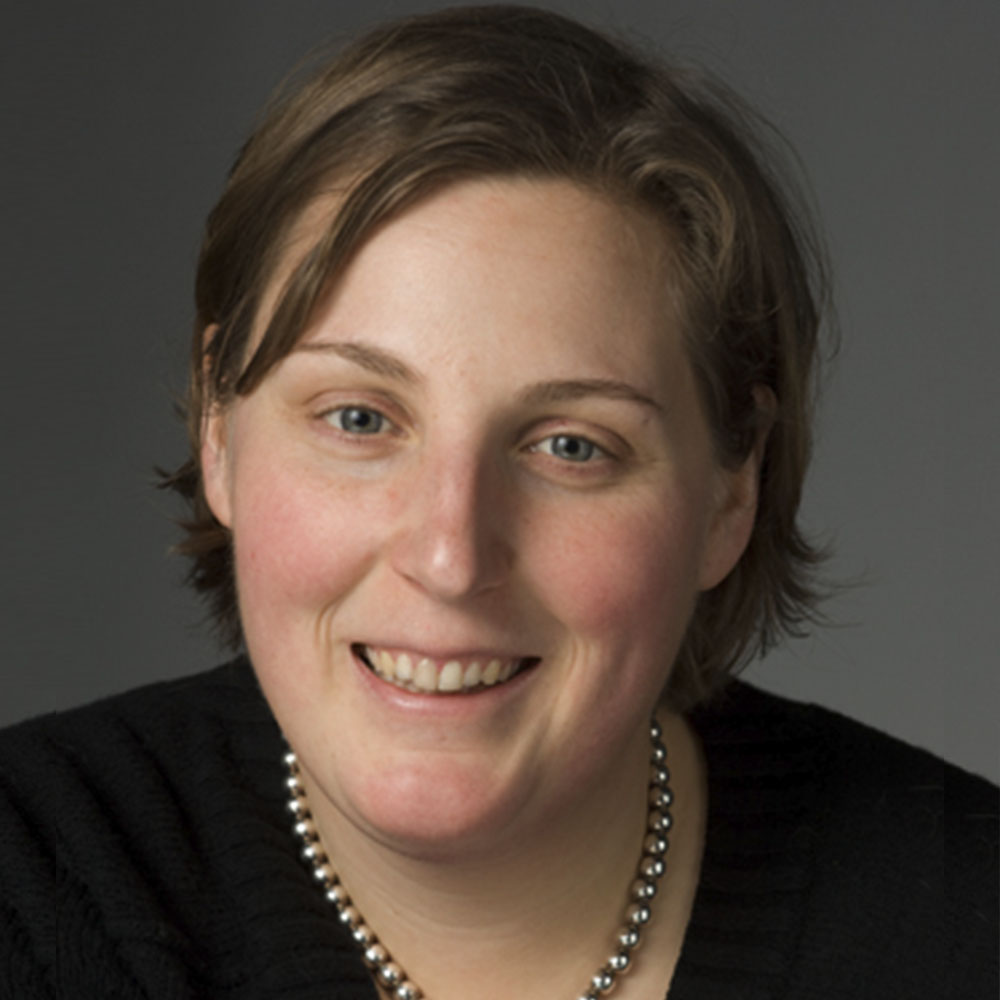
Meghan Howey, professor of anthropology
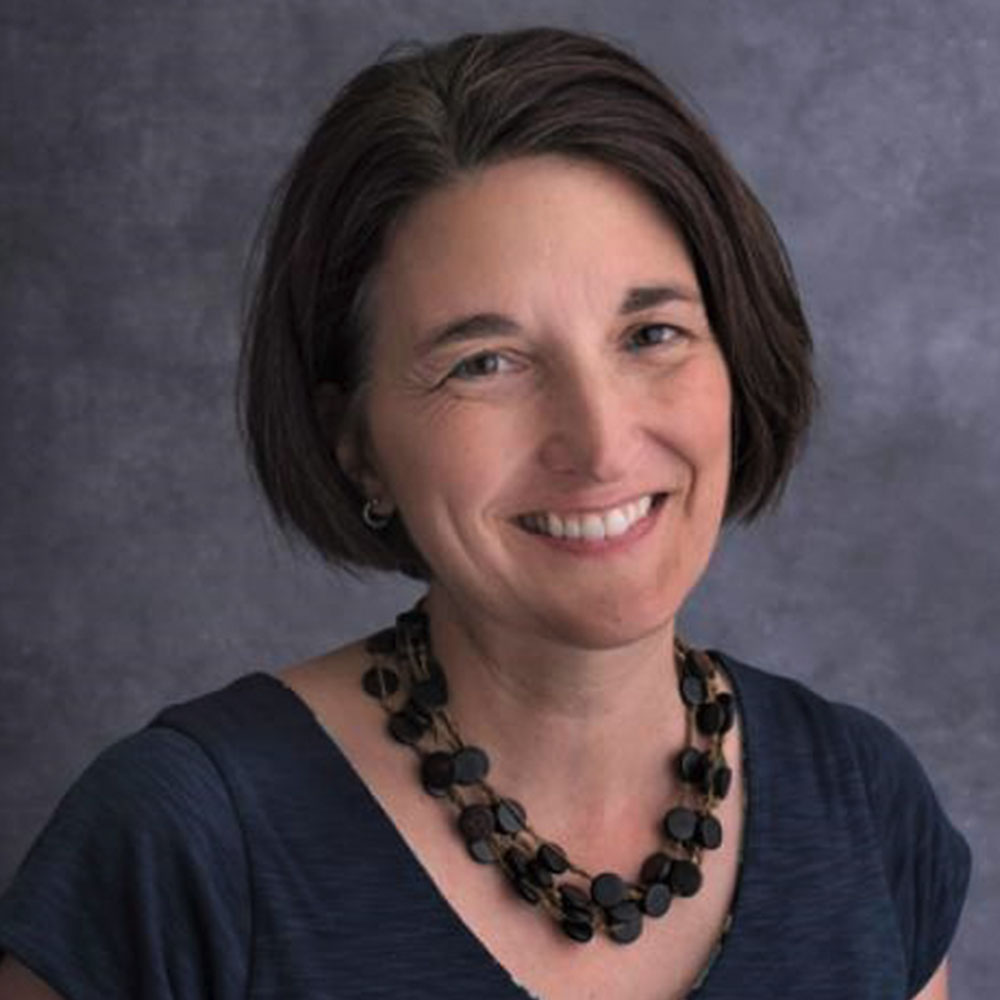
Ecological Society of America Fellow
Serita Frey, professor of natural resources and the environment
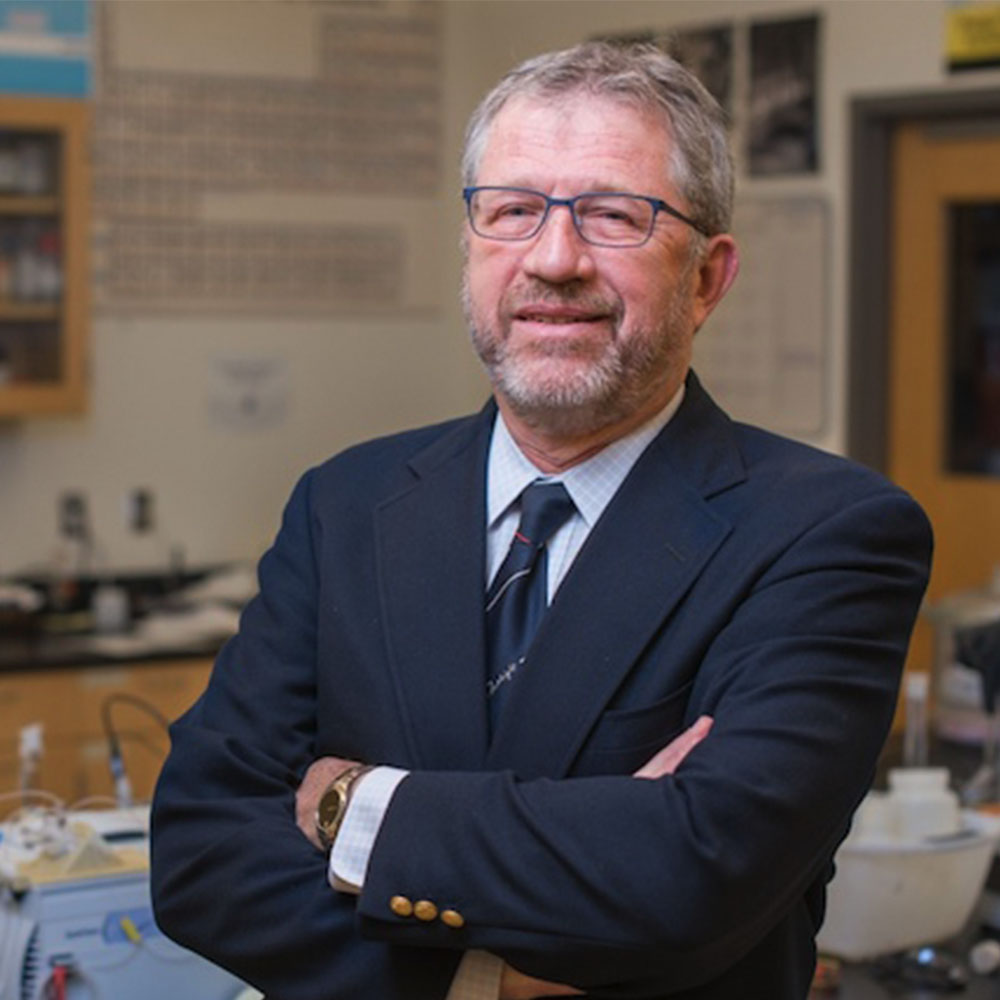
William McDowell, professor of natural resources and the environment
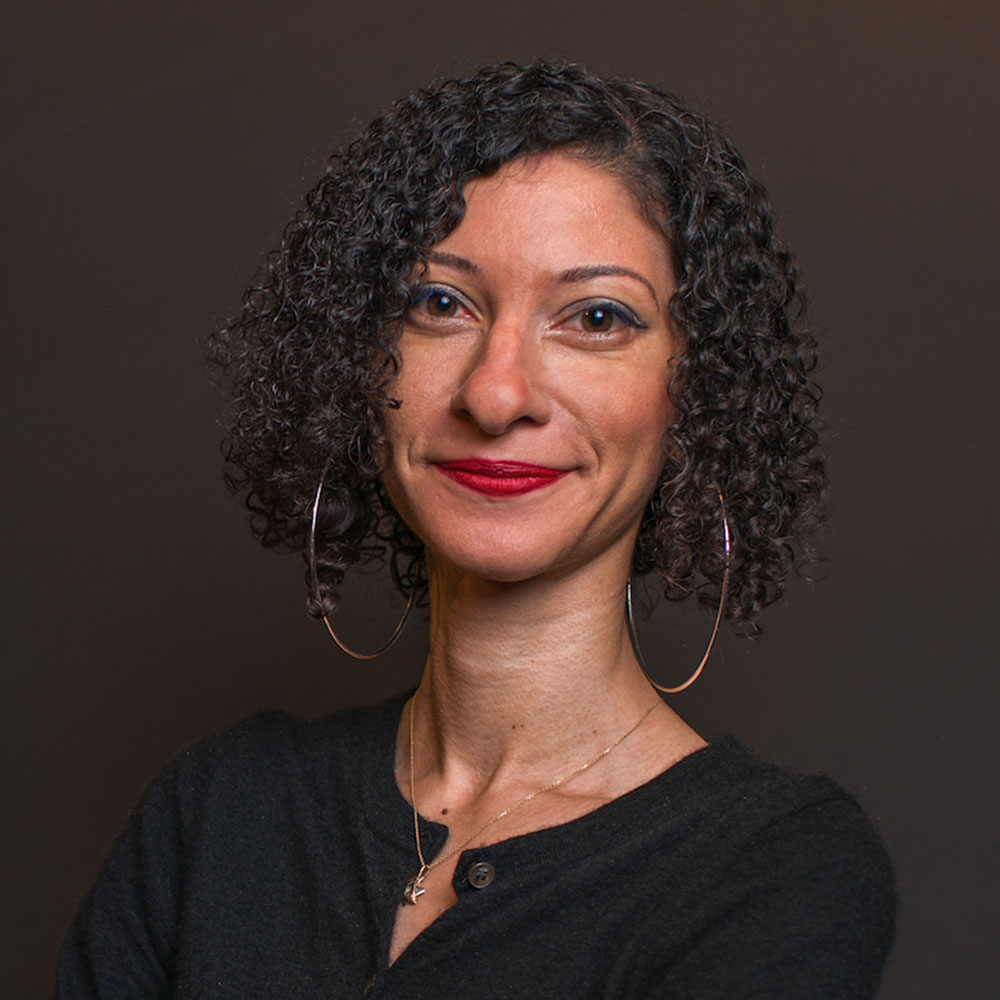
Chanda Prescod-Weinstein, assistant professor of physics and core faculty in women’s and gender studies
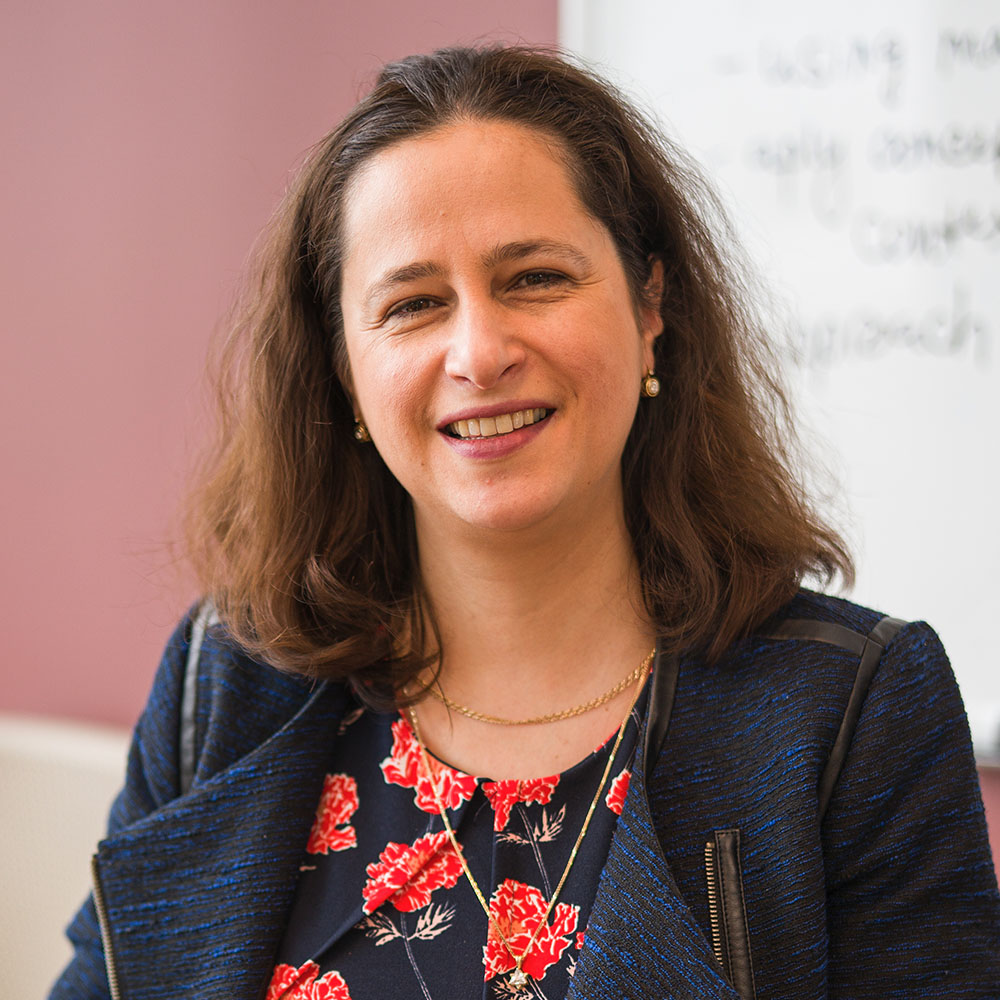
Orly Buchbinder, assistant professor of mathematics education
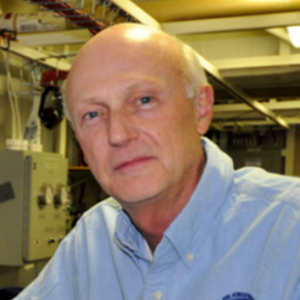
Andy Armstrong, NOAA co-director of the Center for Coastal and Ocean Mapping/Joint Hydrographic Studies
Graduate Student HONORS
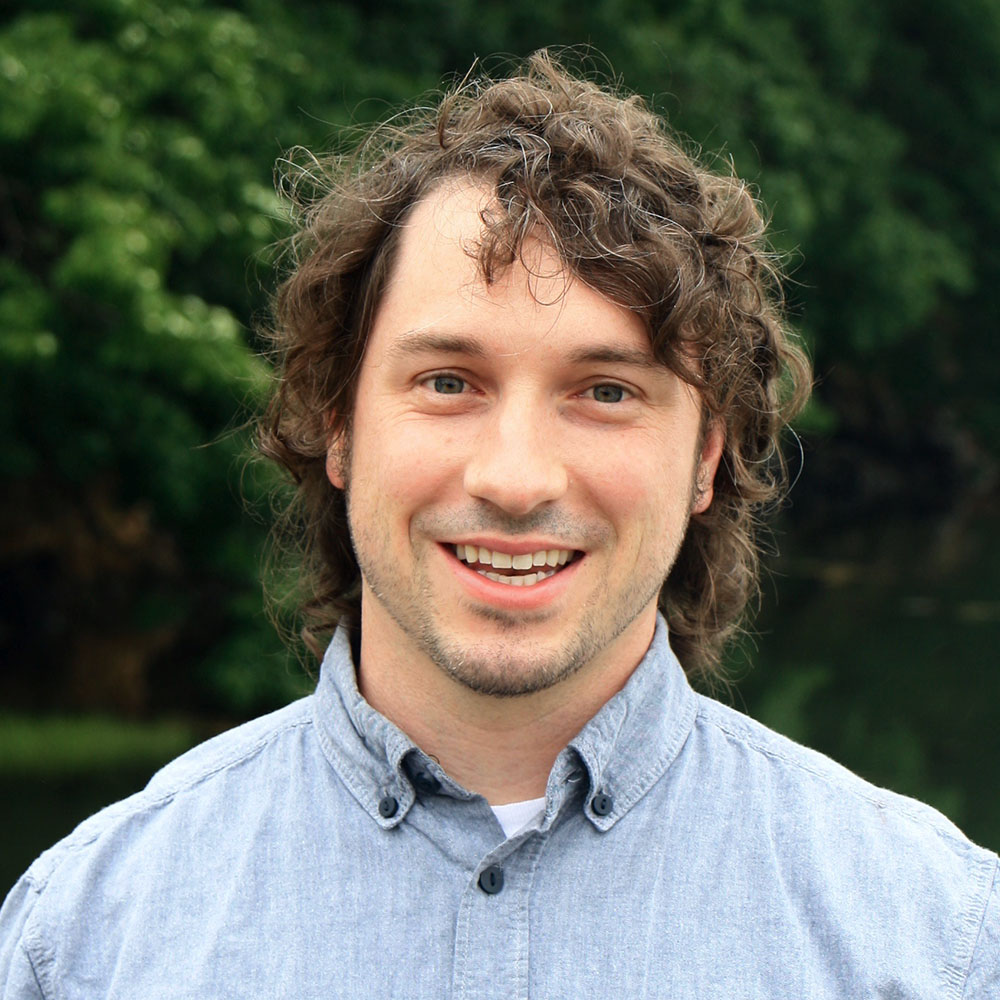
Nick Anderson ’20G, M.S. in natural resources and the environment
Lila Teeters, Ph.D. student, history
Natasha Diessner, Ph.D. student, natural resources and Earth system sciences
Natalie Lounsbury, Ph.D. student, natural resources and Earth system sciences
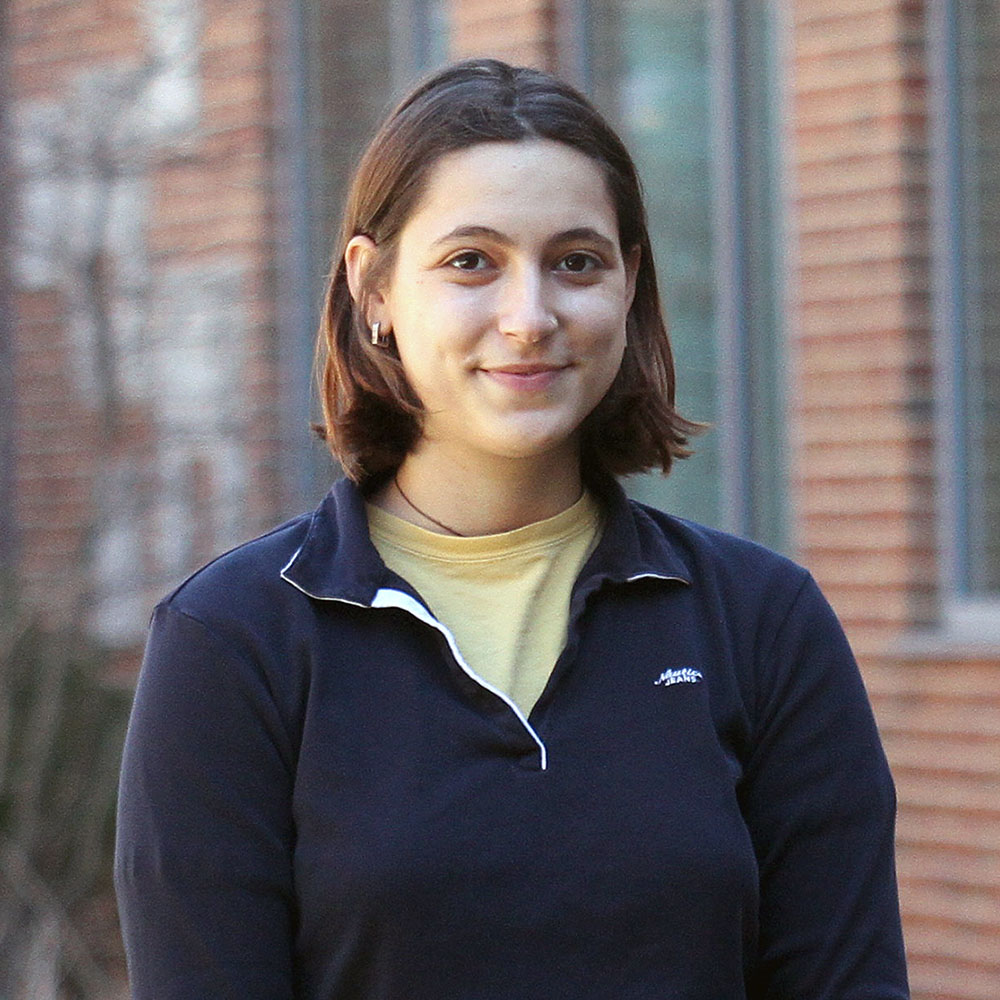
Aliya Caldwell ’22G, M.S. in biological sciences
Anna Lowein ’21G, M.S in natural resources and the environment
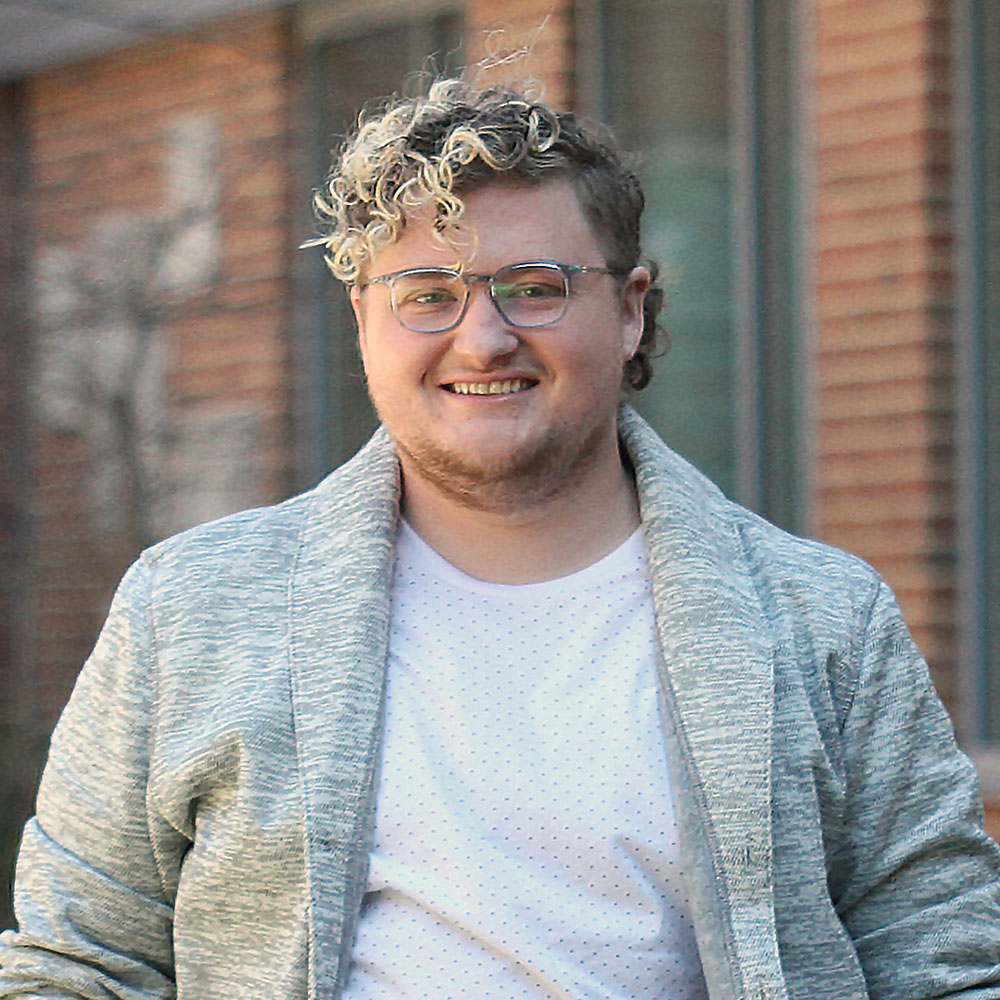
David Heit ’22G, M.S. in natural resources and the environment
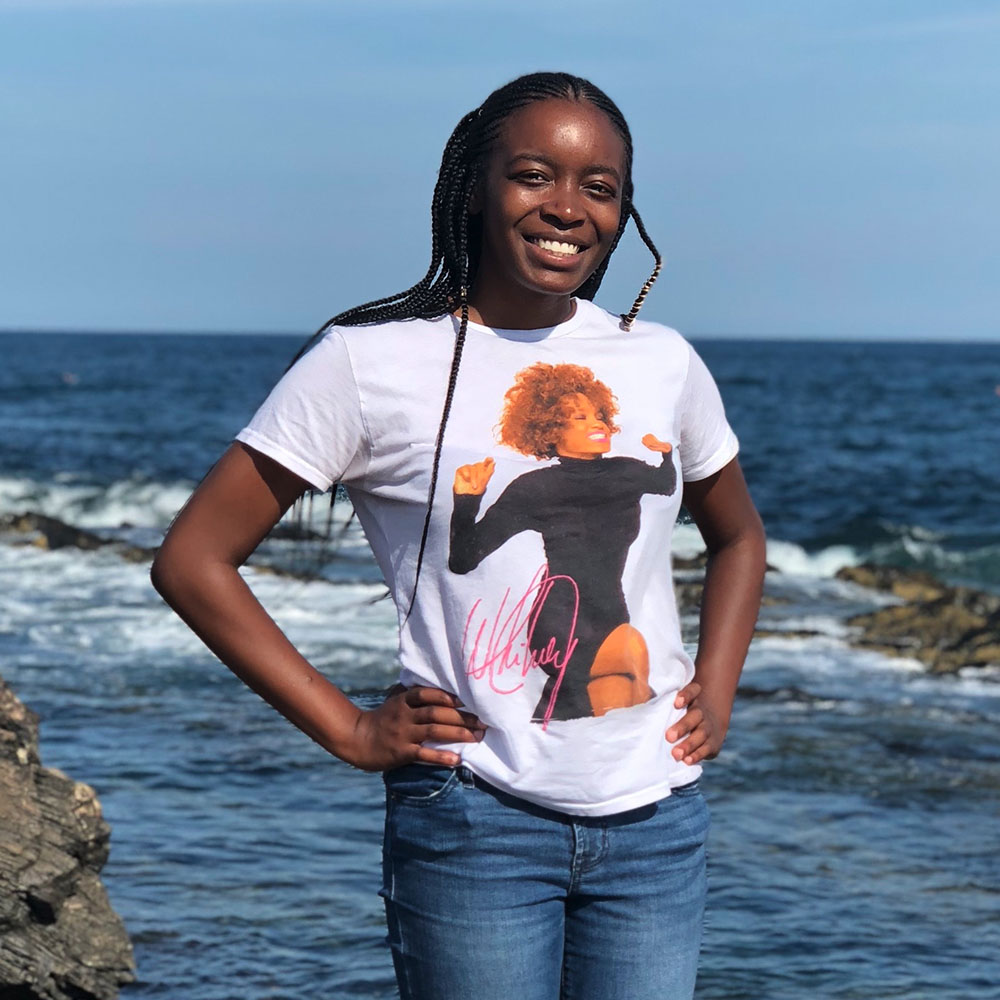
Simone Chapman ’20G, M.S. in environmental conservation
Elizabeth Mamros, Ph.D. student, mechanical engineering
Manufacturing Better Health

Fingerprinting Kiwiberries
It’s an important “under the hood” step toward moving kiwiberries from backyard gardens into commercial production, says Iago Hale, associate professor of specialty crop improvement and director of UNH’s kiwiberry program. Verification gives commercial growers, who may invest thousands of dollars and multiple acres into kiwiberry production, confidence to trust the identity of the kiwiberry varieties they’re planting.
“When you’re rolling out a new crop, there’s that moment when a potential consumer will taste the fruit for the first time,” Hale says. “If the variety is wrong, if it’s not at peak ripeness, that person will simply conclude they don’t like kiwiberries, end of story.”
A Research Record
“I am proud of our scholars who, despite the significant challenges posed by the pandemic, submitted highly competitive research proposals,” says Marian McCord, senior vice provost for research, economic engagement and outreach. Attracting competitive funding for research is essential to maintaining the Carnegie Classification R1 status, which puts UNH in the top tier of research universities nationwide.
Funding came to projects from across the university. The federal government was the largest source of funding, sending $90.6 million to UNH. Research funding from business and industry — a promising source of research support as federal grants become more competitive, and one that has climbed steadily since FY17 — totaled $14.9 million. And FY21 looks to raise the bar yet again; award authorizations are trending 21% ahead of where they were this time last year.
Photo by Jeremy Gasowski
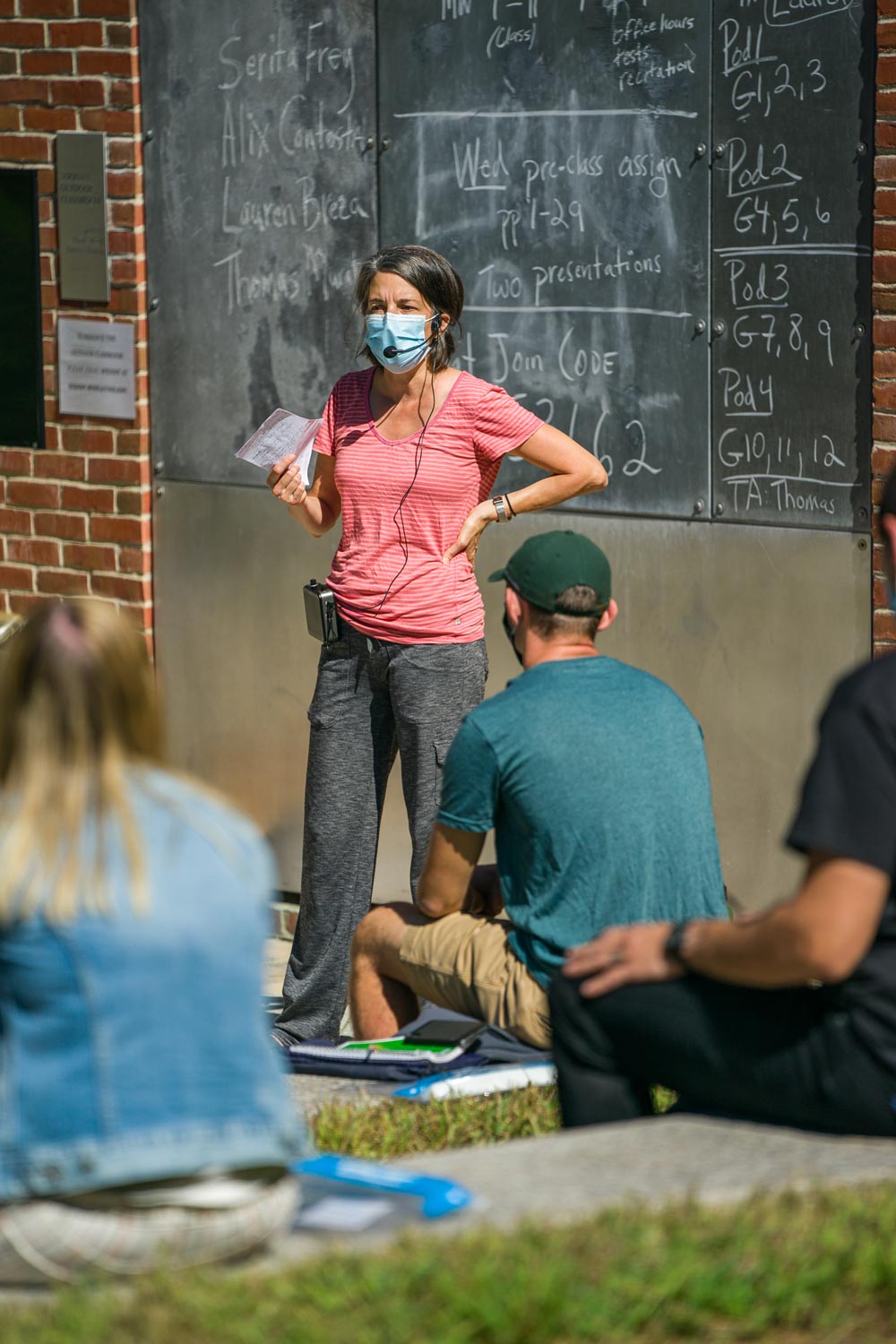
The Hottest of Topics
“Racism in science is like racism in all other aspects of our society, says Serita Frey, professor of natural resources and the environment. “Science, like every other human endeavor, is subject to the biases of its practitioners.” Frey and Emily Whalen, a student in the natural resources and Earth systems science Ph.D. program, are co-facilitating “Anti-Racism in Science: Promoting an Inclusive and Equitable STEM Community” to discuss the history of racism in science and how to build an anti-racist community.
“Biases show up in the science classroom in many forms: in which historical figures we talk about, which histories we tell about them, which we leave out, who we credit with certain knowledge…and what knowledge we decide is worth knowing,” Whalen says.
Elsewhere on campus, more than 60 UNH faculty members, staff and students are participating in Unlearning Racism in the Geosciences (URGE), a national initiative that aims to deepen understanding of the effects of racism on people of color in the geosciences in order to develop anti-racist policies that increase participation and retention.

Solar Close-Up
The newest data shows how plasma released after a solar flare — a sudden flash of increased brightness — can accelerate energetic particles and cause them to pile up, which generates large numbers of particles that become highly energized. These high-energy particles, moving almost at the speed of light, create dangerous radiation conditions that can disrupt electronics and satellites in space and cause harm to spacecrafts and astronauts.
“We’re getting some of the earliest observations from this mission to the sun on how the coronal mass ejections — the sun’s release of plasma and energy — build up particles released after solar flare events,” says Nathan Schwadron, professor of physics in UNH’s Space Science Center. “Because energetic particles are accelerated near the sun, by flying closer and getting a better look we are able to observe the beginning of the energization process and see them actually start to pile up like snow that piles up in front of a snowplow.”
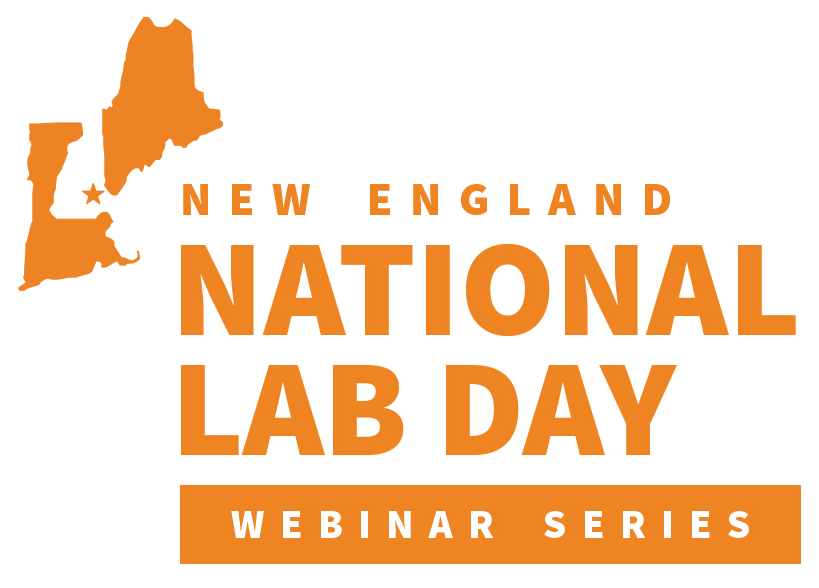
National Lab Days
“These workshops have succeeded in bringing together regional researchers and experts from our National Labs to partner in research that addresses society’s most pressing energy, environmental and national security challenges,” says webinar organizer Mark Milutinovich, director of research and large center development at UNH.
The Disordered Cosmos
Yet while “The Disordered Cosmos: A Journey into Dark Matter, Spacetime, & Dreams Deferred” (Bold Type Books, 2021) contains all of those elements, it serves them up not as discrete “parts” but as a rich, joyful stew of overlapping flavors.
Prescod-Weinstein, assistant professor of physics and astronomy and core faculty in women’s and gender studies, grounds “The Disordered Cosmos” in particle physics and cosmology — her primary areas of research — then expands into an exploration of who does (or doesn’t do) science, how science is done, and how racism and sexism in science both reflect and perpetuate a universe of injustice.
Test for Success

Research Rising to the Challenge
Meeting
the
Need
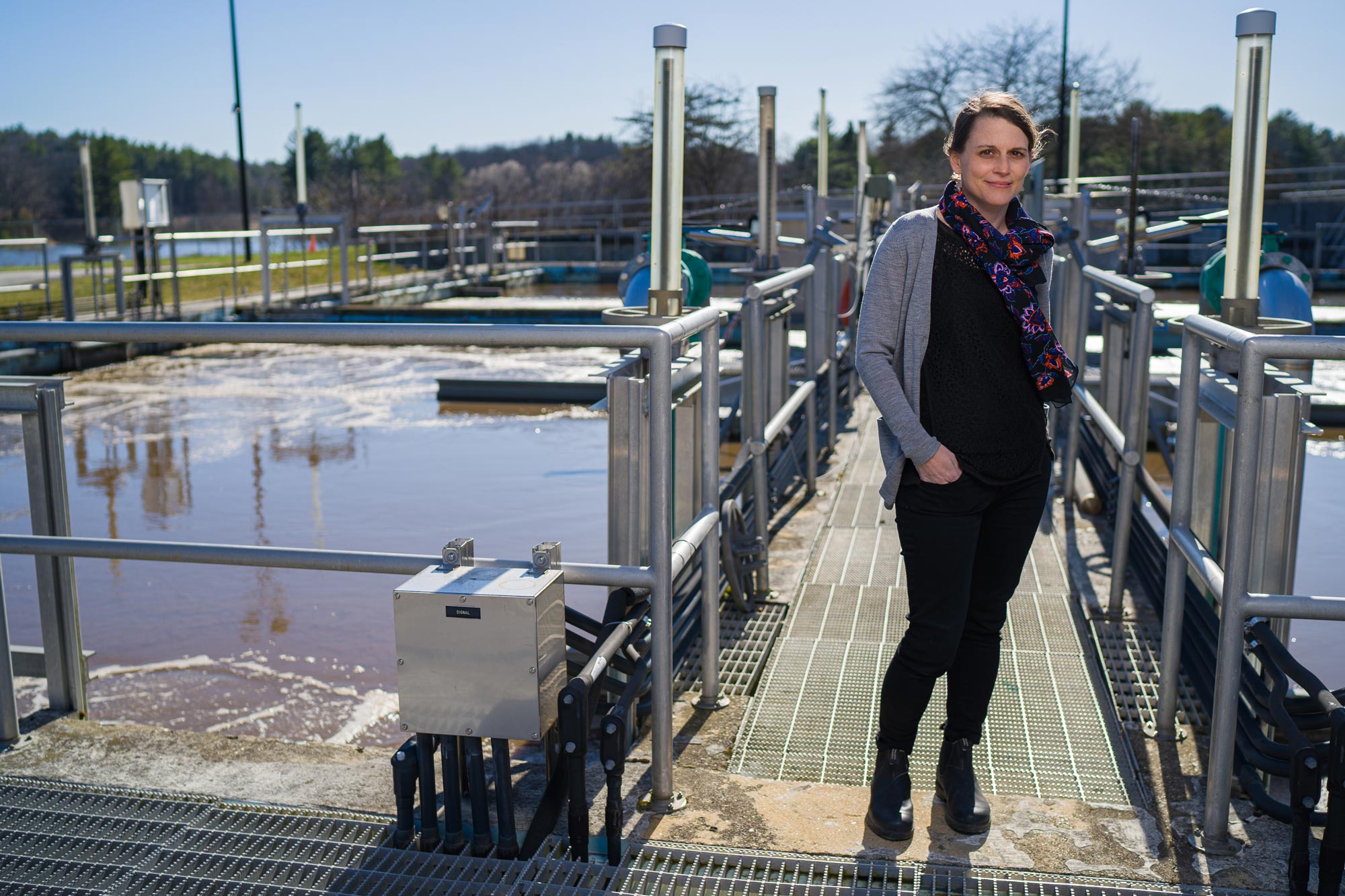
Photo by Jeremy Gasowski
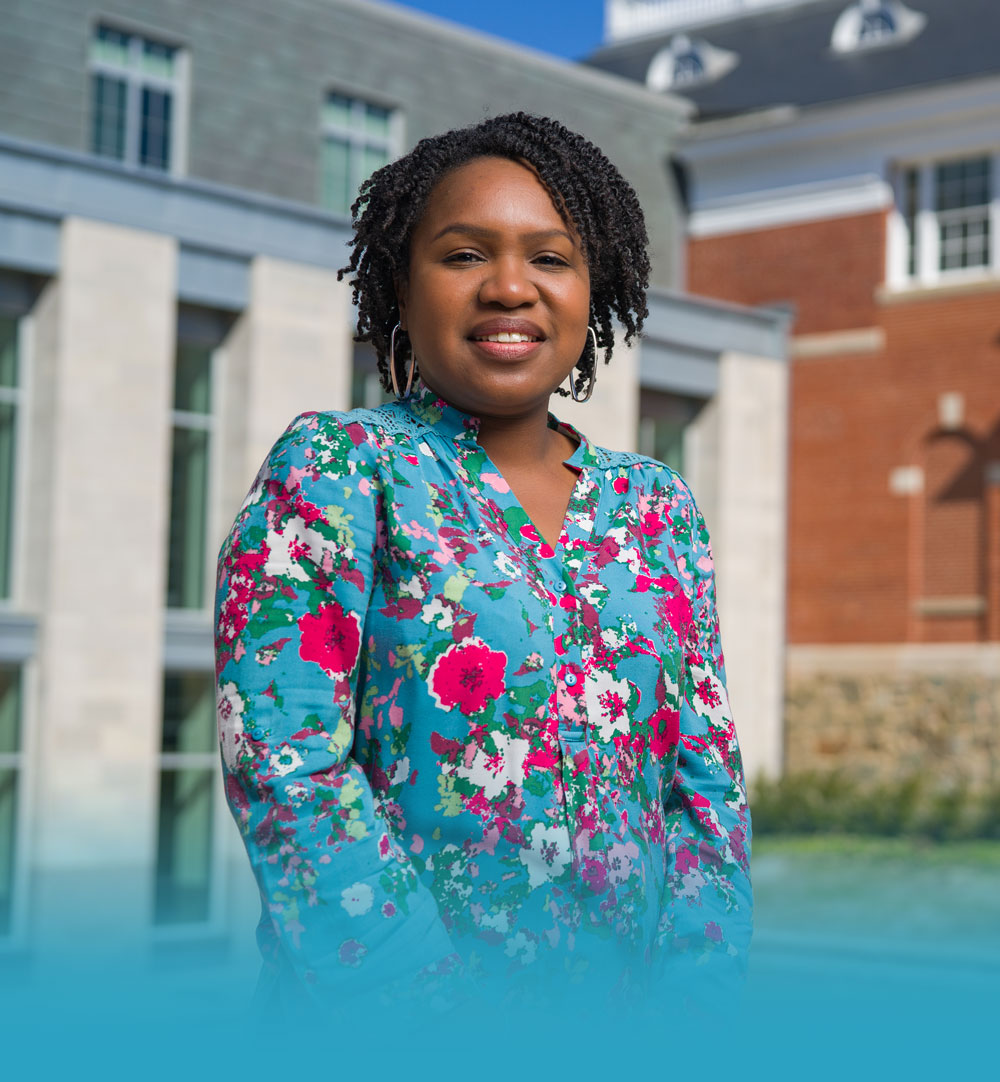
The Humanities’ Lens on Racism
The
Humanities’ Lens
on
Racism
By digging into the humanities and social sciences, UNH faculty members tackle the history of racism throughout the world and how we can learn from it to respond to our present moment of racial reckoning. Through their scholarship, faculty are able to provide broader context related to what’s happening today, says Michele Dillon, dean of the College of Liberal Arts (COLA).
Photo by Jeremy Gasowski
Pipeline to the Faculty
That plan, the UNH Postdoctoral Diversity and Innovation Scholars program, recruits up to five postdocs — doctoral-degree-holding scholars who conduct independent research and engage in teaching activities for two years to gain experience that will prepare them for careers as faculty members — in academic areas identified for anticipated tenure-track faculty hires. Scholars receive a professional development experience that includes faculty development programs, an ongoing mentored research experience, a scholarly coach for individualized professional development and a mentoring network.
Hacking the Pandemic
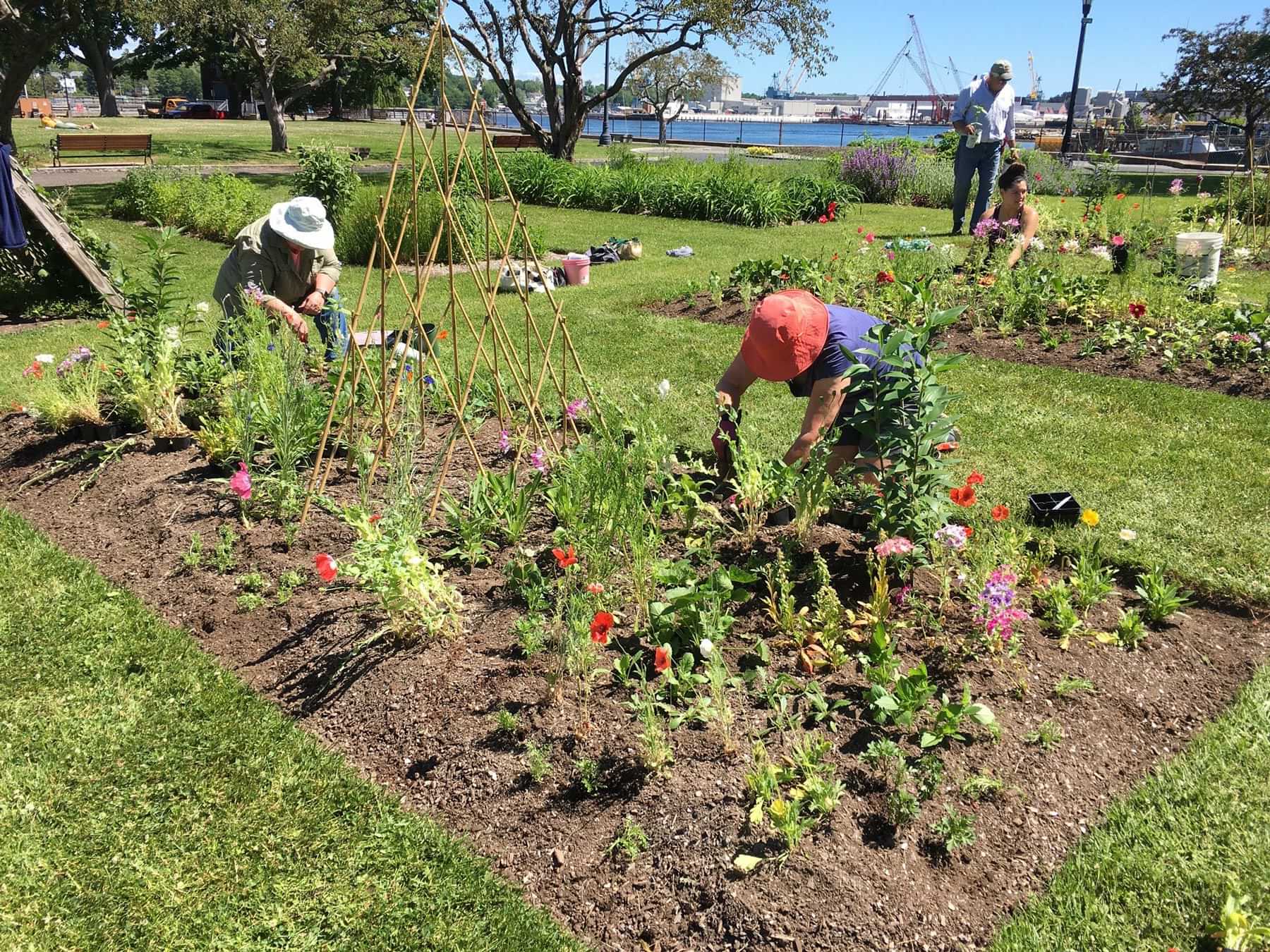
“Celia Thaxter and her garden are so beloved and visitors from all over the world are passionate about seeing it each summer so we knew we had to find the right spot on the mainland to replant this special garden for the summer,” says Shoals Marine Laboratory executive director Jennifer Seavey.




